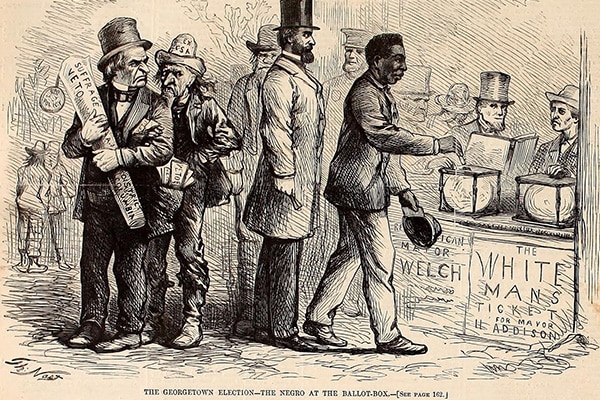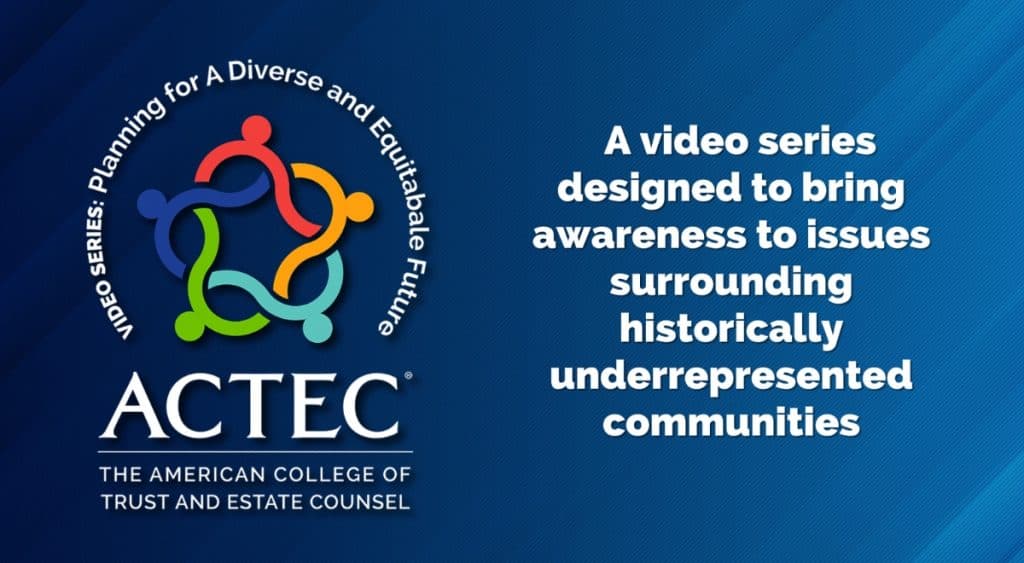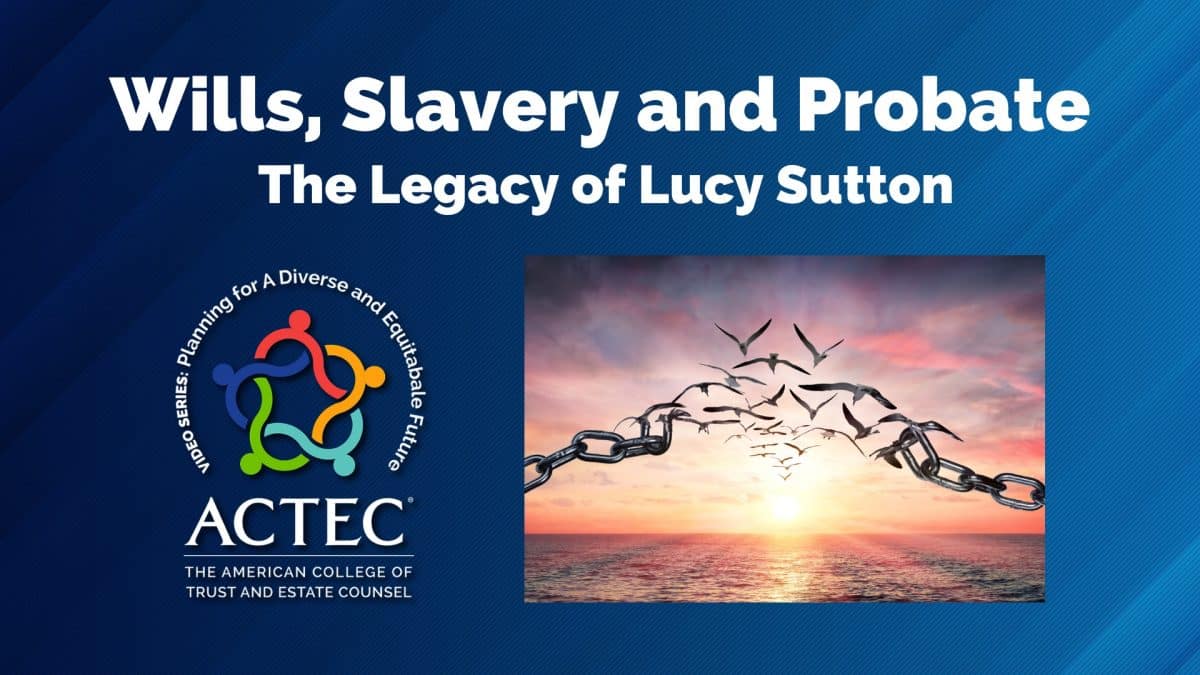The terms “grandfathered” and “grandfather clause” have significant historical and legal implications, particularly in the context of American history and its legacy of racial discrimination. The origin of these terms can be traced back to the late 19th and early 20th centuries, primarily in the Southern United States, during Reconstruction and the subsequent Jim Crow eras.
These clauses exempted individuals from meeting the new suffrage requirements if they or their ancestors had been eligible to vote prior to a certain date. Since the vast majority of African Americans were enslaved or otherwise disenfranchised before the Civil War and Reconstruction, they were effectively excluded from this exemption, while many white voters were eligible. The grandfather clauses were eventually struck down as unconstitutional by the U.S. Supreme Court, which found that they violated the Equal Protection Clause of the Fourteenth Amendment by disenfranchising African American voters.
Does an appreciation of the history of “grandfathered” or “grandfather clause” change your desire to use the terms in legal documents and oral discussions? In this video, ACTEC Fellow Stephanie Perry discusses with Fellow Ronald Aucutt a paper he wrote, “Comments on the Word ‘Grandfathered’ and its Variants,” and how it has impacted their use of the terms.

Harper’s Weekly (1867) (14596177519), The Georgetown election—The Negro at the ballot-box, courtesy of Wikipedia.
Transcript
Introduction
ACTEC Fellow Terrence M. Franklin: Did you know that the phrase “Rule of Thumb” was derived from a guideline in old English law that a man was allowed to beat his wife as long as the stick was no thicker than his thumb? “Grandfathered” is another word with a grim origin.
Through discussions with ACTEC Fellows, I have gained some insight into the origins of the term “grandfather clause.” It was shocking to discover that this provision was first implemented in southern states after the Civil War to restrict the voting rights of African Americans.
Today, two College Fellows, Stephanie Perry and Ron Aucutt, will discuss the history and significance of the term “grandfathered” and how it is used in trust and estate law. Let’s listen in on this important conversation about our shared past.
Introduction to the Use of “Grandfathered”
ACTEC Fellow Stephanie Perry: Ron, it’s good to see you and to be with you today.
We are discussing the use of the word “grandfathered” in the context of estates and trusts. And in fact, we are discussing a paper that you wrote on the use of this term after you conducted a bit of research on the issue. So first, I would like to set the stage for our audience and define the problem with this term and its origin.
Of course, you mentioned in your paper that there is nothing racist about the word grandfather. You refer to yourself as a grandfather, and of course, I agree with that. When I use the word grandfather, I think of my own late grandfather and our favorite thing to do together, which was decorating the Christmas tree.
That’s not what we’re talking about here. So what are we talking about?
We know that often, when we use the term “grandfathered” in the context of estate planning, we are referring to a trust, for example, that is exempt from some law because that trust was created before the law was enacted. But when you researched the meaning of “grandfathered” and the meaning of “grandfather clause,” you found something that you describe as, and I quote, “reprehensible.”
So to start, I’m actually going to read one of the excerpts that you include in your paper, and after I read it, I’m going to ask you to expound on it. In your paper, you cited Wikipedia as a source and an article that you found there, and I’m going to read from that article.
The term “grandfather clause” originated in late 19th-century legislation and constitutional amendments passed by a number of southern U.S. states, which created new requirements for literacy tests, payment of poll taxes, and residency and property restrictions to register to vote.
States in some cases exempted from those requirements, those whose ancestors, i.e., grandfathers, had the right to vote before the American Civil War or before some other particular date. The intent and effect of such rules was to prevent former African-American enslaved persons and their descendants from voting, but without denying poor and illiterate whites the right to vote.
Now, that’s directly from the article. So clearly, an intentionally discriminatory policy that was aimed at disenfranchising blacks. So, your research leads you to this information.
What are your thoughts?
Use of “Grandfathered” in Legal Documents
ACTEC Fellow Ronald D. Aucutt: Thank you, Stephanie, for that preview.
For short-term context, a few years ago there was an email string in ACTEC where someone expressed a concern that the word “grandfathered” in this context had an offensive history.
I was surprised to hear that. I had used the word a lot, especially in describing the application of the GST tax, for example. And I’ve never wondered why that word was used, used very commonly, as you know, or where it came from. So I decided to research it.
I think I expected, or at least hoped, to find an explanation that would dispel that concern, get rid of it. But to my surprise, what I found is what you read, Stephanie, and other things confirming it.
I think the most important thing I found was, like you said, we’re talking about the origin, not just the use of a term. As I wrote in my paper, we know it was awful that enslaved people were confined to a plantation. But that doesn’t mean it’s offensive to say, for example, the distributions from a trust are confined to health, education, maintenance, and support. That’s not offensive. They’re just different ways of using a common word.
But the words “grandfathered” and “grandfathering” and “grandfather clause” are not long-standing common words. They’re used only because of their original use in the intentional battle to deny descendants of enslaved persons the right to vote in the late 19th century and the first part of the 20th century. Yes, that’s reprehensible.
But I’d like to ask you something, Stephanie. Are you offended by the use of the term “grandfathered”?
Should Historical Discriminatory Words Continue to be Used?
ACTEC Fellow Stephanie Perry: That’s an easy answer for me. Yes, yes, I do find it offensive. And I’m not sure how, once you have an understanding of the origin of the term, one would not be offended by it.
I do think it’s important to allow people the space and the grace to become educated on these kinds of issues. But once there’s been the opportunity to do that, my expectation is that we should adjust accordingly. I think Maya Angelou said it best when she said, “When you know better, do better.”
ACTEC Fellow Ronald D. Aucutt: Yes, that’s very, very well said.
You see, one of the reasons I asked you that was because I was thinking that listening should be an important part of diversity and equity and inclusivity. Of course, I hope my views are important, but they’re not the only views that are important.
And if I thought that only a few other people were offended by those words, well, I might wonder if they were just overreacting. I still might not want to offend them, of course, but there might be a limit on how much we should expect people to restrict their vocabulary just to accommodate what some might see as a super-sensitive view.
Or my concerns themselves might seem super sensitive. I’ve had people offer reactions like, “Oh, I understand that the Jim Crow laws were offensive and that that is where these words came from, but hasn’t this long use of these words in an entirely different context sort of sanitized them, made them respectable?” I get that view. I understand it, but I think it should be addressed.
My first response is that there aren’t just a few who are offended or concerned. Stephanie, you and I aren’t the only ones. But my second response, and maybe more to the point, is that it is not just a matter of subjective feelings. It’s a matter of objective research into the objective history of the term.
Even though I have no doubt that a lot of people have used the term innocently, without meaning at all to give offense—I did that myself for decades. There’s just no vocabulary explanation other than that offensive history. What does my being a grandfather or you decorating the Christmas tree with your grandfather have to do with whether the GST tax applies to a certain trust? Nothing.
This is not simply an obvious context in which to use a common word, like confined, to describe trust distributions. And, if we had been trying to come up with a term to use to describe that kind of trust over the last several decades, we would never have come up with “grandfathered” in the absence of that offensive history.
ACTEC Fellow Stephanie Perry: Right. That’s absolutely right.
So, we’ve done our research, and we understand that the term “grandfather” is derived from an offensive use. Now what? What do we do with this term that is so frequently used in our practice?
Suggestions for Alternative Words
ACTEC Fellow Ronald D. Aucutt: Well, I just cannot use those terms anymore, and I encourage others not to use them. But I also try not to judge—judge people or judge the past. I try to be considerate, for example, when some don’t seem to share my concern or think, like I said, that the long use of those words in, say the tax context, might have distanced them some from their offensive origin. I want to give those people grace, as you say, Stephanie. I like that.
As I wrote in the paper, using alternative terms like pre-enactment or pre-effective date may be more intuitive, more descriptive, and more precise anyway.
And it would really be uncomfortable, for example, if I kept using the word “grandfathered,” and then someone asked me what it meant. And then, when I told them, they asked me why it means that. Think of that.
ACTEC Fellow Stephanie Perry: On a related note, in your paper you indicate that one of the things you’ve done is to go back and edit some of the things that you’ve authored on the ACTEC website to change the reference to “grandfathered.”
You went on to say, though, that there should be no expectation that others go back and change papers or guidance where the term “grandfathered” has been used. I think that position is reasonable. We can’t erase history.
However, do you feel that we have any obligation to raise this issue, for example, to bring it to the attention of the IRS, provide a copy of your paper or comments to recommend that the IRS refrain from using the term on a prospective basis?
Do we have any obligation to push others in the right direction?
Requesting Treasury and the IRS Update Their Vernacular
ACTEC Fellow Ronald D. Aucutt: I think that’s a good idea.
I realize that ACTEC is careful about commenting only on subjects that are within its trust and estate expertise, but this is within its expertise.
As I mentioned, when these words are used, it is usually about specific tax provisions like the GST tax. But even more importantly, a commitment to diversity and equity and inclusivity is not just something ACTEC accepts or approves. It’s an important part of our professional and collegial values, our culture, which include, for example, cultivating a welcoming environment and encouraging the availability of estate planning services in underserved communities.
So yes, yes, I would like to see ACTEC reach out to the Treasury and the IRS on this matter. Again, not to judge, not to shame, but to be constructive, to shine a light.
ACTEC Fellow Stephanie Perry: Right. “When you know better, do better.”
Conclusion
ACTEC Fellow Terrence M. Franklin: So, what kind of action will you take now that you “know better”? Will you “do better”? This conversation has educated and changed me, encouraging me to stop and think twice before reflexively using the term “grandfathered” in the legal context.
Please visit ACTEC at actec.org/diversity for more information and resources on this topic, and make sure you subscribe to ACTEC’s YouTube channel to be informed of new videos as they become available.
Featured Video
Wills, Slavery and Probate: The Legacy of Lucy Sutton
A powerful story of a family’s journey from slavery to freedom thanks to a last will and testament that honors African Americans and Black History Month.
Planning for a Diverse and Equitable Future

ACTEC’s diversity, equity, and inclusivity video series analyzes issues surrounding racism, sexism, and discrimination in all its forms to combat inequality.

